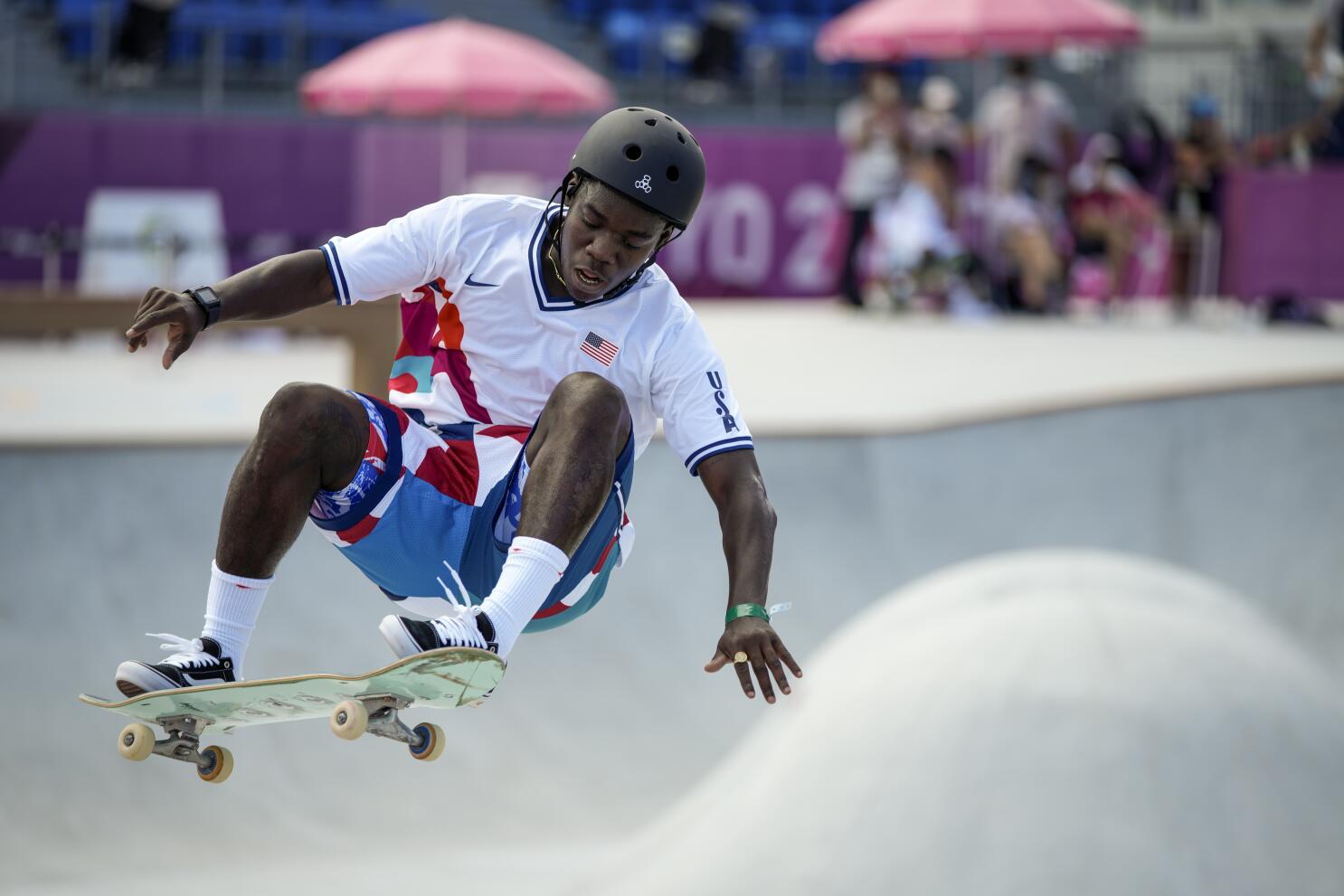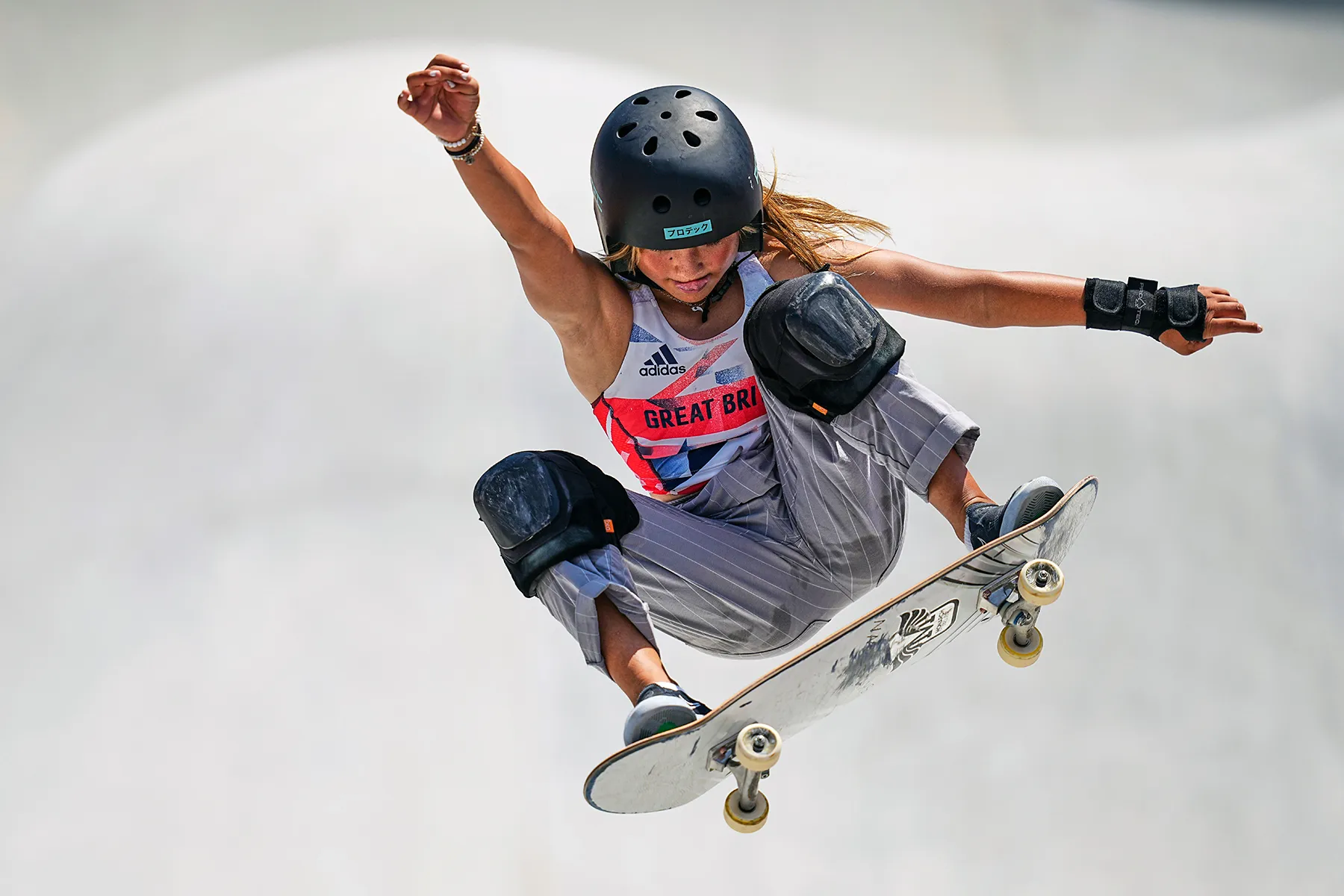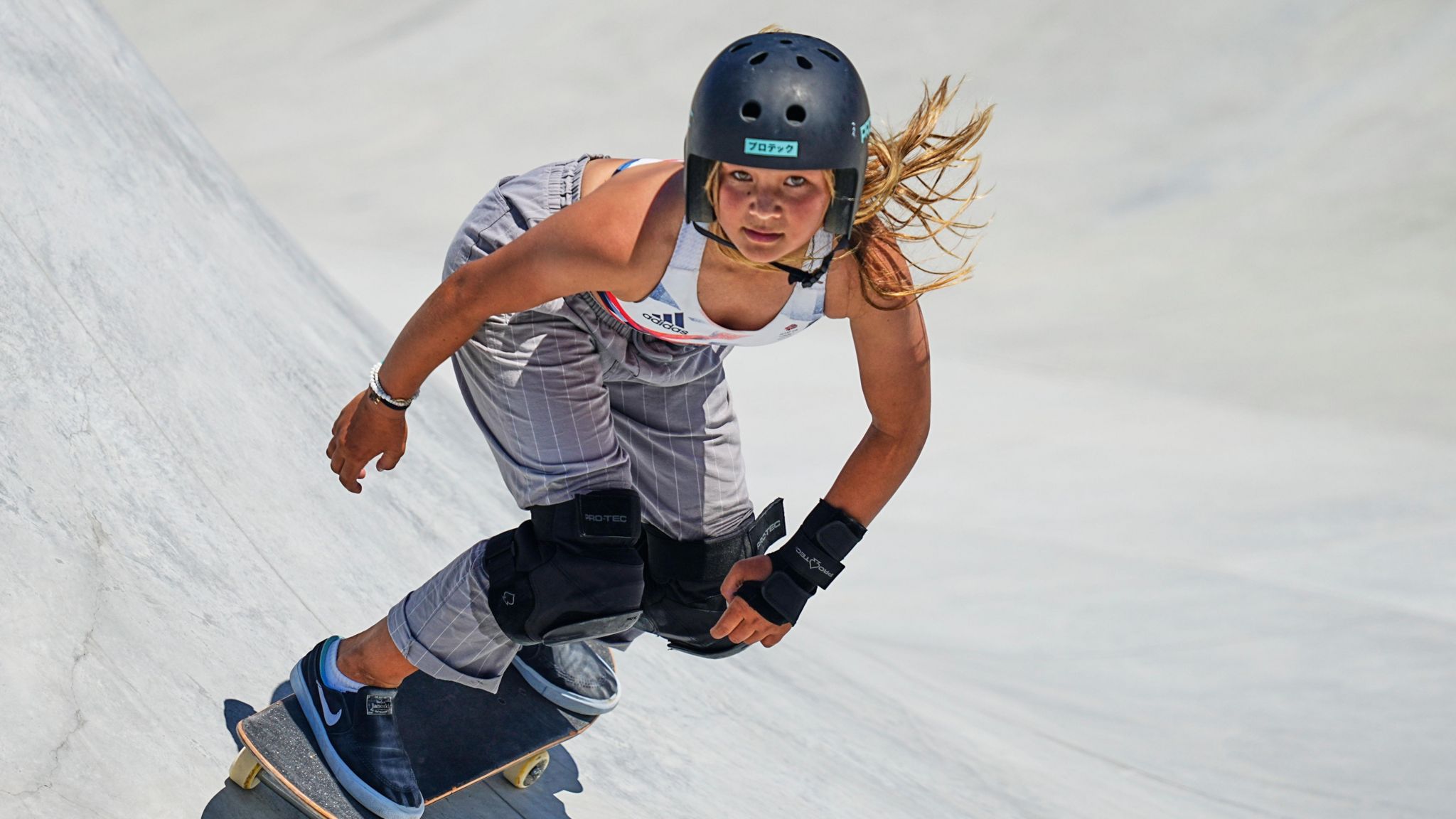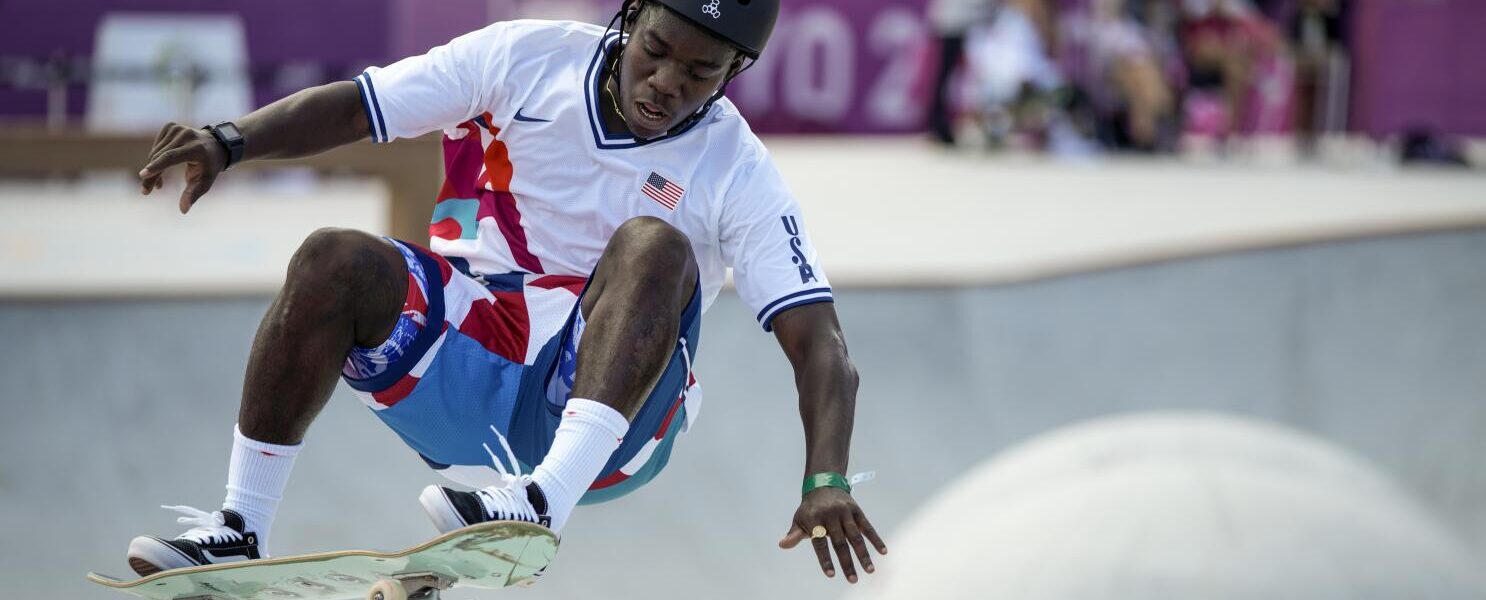The inclusion of skateboarding in the Olympics marks a significant milestone for the sport, transforming it from a subcultural activity into a recognized global competition. This transition has not only reshaped the perception of skateboarding but has also brought new opportunities and challenges for athletes and the sport’s community at large. As skateboarding makes its mark on the Olympic stage, it is essential to explore its journey, the impact of its inclusion, and the future it promises.
The Journey to Olympic Recognition
Contents

Skateboarding’s road to the Olympics was long and filled with both excitement and skepticism. Originating in the 1950s and 60s as a pastime for surfers when waves were flat, skateboarding evolved through various phases, from a niche hobby to a mainstream sport. The 1980s and 90s saw significant growth in the sport’s popularity, largely driven by media exposure and the rise of professional skateboarding competitions like the X Games.
The push for skateboarding to become an Olympic sport gained momentum in the early 2000s. The International Skateboarding Federation (ISF), founded in 2004, played a crucial role in advocating for the sport’s inclusion. Their efforts, combined with the increasing global popularity of skateboarding, eventually led to the International Olympic Committee (IOC) announcing in 2016 that skateboarding would debut at the Tokyo 2020 Olympics.
The Impact of Olympic Inclusion
The inclusion of skateboarding in the Olympics has had a profound impact on the sport, influencing various aspects such as athlete development, public perception, and industry growth.
Athlete Development: The Olympic platform has provided skateboarders with unprecedented opportunities for development and exposure. Athletes now have access to better training facilities, coaching, and funding, which were previously limited. This support has enabled skateboarders to push the boundaries of what is possible, leading to the emergence of new tricks and styles. The structured competition environment of the Olympics also encourages a higher level of professionalism among athletes.
Public Perception: Skateboarding’s Olympic debut has significantly altered public perception. Once viewed as a countercultural activity associated with rebellious youth, skateboarding is now seen as a legitimate sport that demands skill, dedication, and athleticism. This shift has helped break down stereotypes and has made skateboarding more accessible to a broader audience. Families and young aspiring skateboarders now see it as a viable and respectable pursuit.
Industry Growth: The Olympic spotlight has catalyzed growth within the skateboarding industry. Brands, both endemic and non-endemic, have increased their investment in skateboarding, leading to greater sponsorship opportunities for athletes. This influx of resources has also fueled innovation in skateboard technology and apparel. Furthermore, the heightened visibility has inspired the construction of new skateparks and facilities worldwide, fostering the sport’s growth at the grassroots level.
The Olympic Skateboarding Events

Skateboarding in the Olympics is divided into two disciplines: Street and Park. Each discipline showcases different aspects of skateboarding, providing a comprehensive view of the sport’s diversity.
Street: The Street competition simulates an urban environment with features such as stairs, rails, and ledges. Competitors are judged based on their ability to perform tricks on these obstacles, with points awarded for difficulty, execution, and creativity. Street skateboarding emphasizes technical skills and the ability to adapt to various terrains, making it a true test of versatility.
Park: The Park competition takes place in a bowl-shaped arena with a series of ramps, bowls, and transitions. Skaters perform tricks while navigating the curved surfaces, with judges evaluating their use of the park, speed, flow, and difficulty of maneuvers. Park skateboarding highlights aerial skills and the skater’s ability to maintain momentum and control through complex transitions.
The Debut at Tokyo 2020
The Tokyo 2020 Olympics, held in 2021 due to the COVID-19 pandemic, marked skateboarding’s historic debut on the Olympic stage. The competition featured a diverse group of athletes from around the world, showcasing the sport’s global appeal.
One of the standout moments was the performance of young skaters, particularly the women’s competition, where the podium was dominated by teenagers. This highlighted the sport’s youthful energy and the new generation of talent emerging on the scene. Athletes like Japan’s Momiji Nishiya and Brazil’s Rayssa Leal, both just 13 years old, captured the world’s attention with their skill and composure.
In the men’s competition, seasoned professionals like Nyjah Huston of the USA and Yuto Horigome of Japan showcased their mastery of street skateboarding, delivering thrilling performances that captivated audiences. Horigome’s gold medal win in the men’s street competition was particularly significant, as it took place in his hometown of Tokyo, making it a historic moment for both the athlete and the sport.
Challenges and Criticisms

While the inclusion of skateboarding in the Olympics has been largely celebrated, it has not been without its challenges and criticisms. Some members of the skateboarding community have expressed concerns about the sport losing its authenticity and countercultural roots as it becomes more mainstream. There is a fear that the commercialization and structured nature of the Olympics might dilute the essence of skateboarding, which has always been about freedom, creativity, and individual expression.
Additionally, there have been logistical challenges in integrating skateboarding into the Olympic framework. Ensuring fair and consistent judging, maintaining the unique identity of the sport, and balancing the needs of professional skateboarders with those of amateur enthusiasts are ongoing issues that need careful consideration.
The Future of Olympic Skateboarding
As skateboarding looks ahead to future Olympic Games, there are several key areas to watch. The continued development of young talent, the evolution of competition formats, and the sport’s expansion into new markets will all play a crucial role in shaping its Olympic journey.
Youth Development: The success of young skateboarders at Tokyo 2020 has set a precedent for future competitions. National federations and skateboarding organizations are likely to invest more in youth development programs, identifying and nurturing talent from an early age. This focus on youth will not only ensure a steady stream of skilled athletes but also keep the sport dynamic and innovative.
Competition Evolution: The format and structure of skateboarding competitions may continue to evolve to better suit the Olympic framework while staying true to the sport’s roots. Innovations in judging criteria, event formats, and athlete participation rules will be essential gengtoto login in maintaining the sport’s authenticity and appeal. The integration of skateboarding into the Winter Olympics, with disciplines like snow skateboarding, is also a possibility that could further diversify the sport’s Olympic presence.
Global Expansion: Skateboarding’s Olympic success is likely to spur its growth in regions where the sport is still developing. Increased visibility and support from national sports bodies will encourage more participation and the establishment of skateboarding infrastructure in these areas. This global expansion will contribute to a richer, more diverse skateboarding community and ensure the sport’s continued evolution.
Conclusion
The inclusion of skateboarding in the Olympics is a testament to the sport’s growth, resilience, and widespread appeal. It has provided skateboarders with a new platform to showcase their skills, brought greater recognition to the sport, and inspired a new generation of athletes. While there are challenges to navigate, the future of Olympic skateboarding looks promising, with the potential to shape the sport in exciting and innovative ways. As skateboarding continues to evolve, its journey on the Olympic stage will undoubtedly be one of the most captivating stories in the world of sports.
Read More Article About “Hugh Jackman: A Versatile Star in Hollywood and Beyond“


















